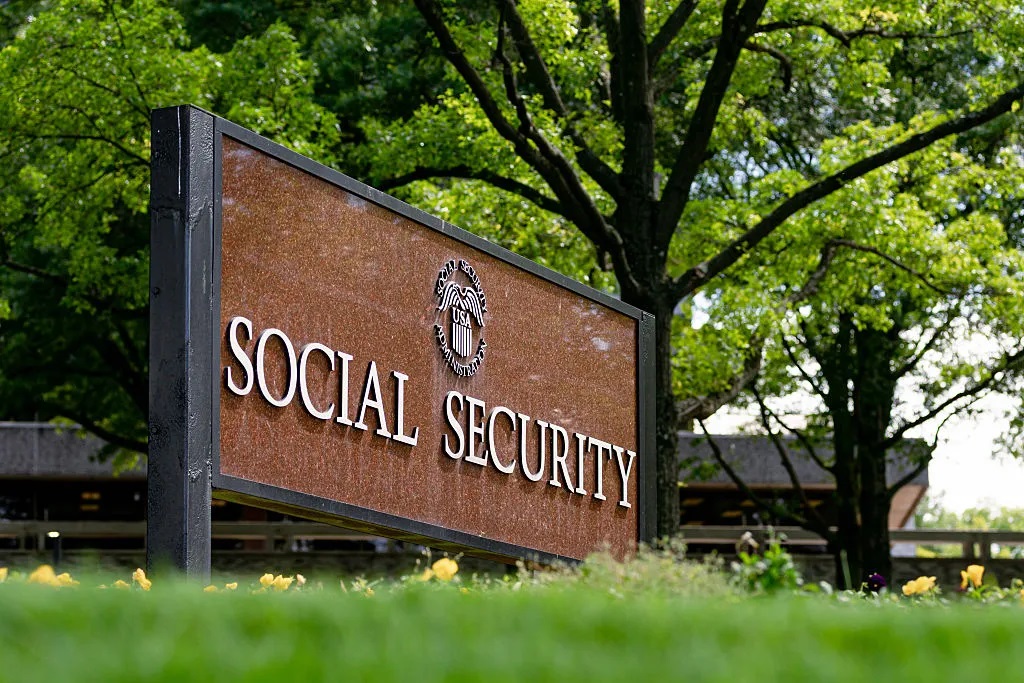Retirement is a dream many Americans work toward, often imagining the day they can finally pay off their mortgage and enjoy financial peace of mind. For countless seniors, the hope is that Social Security benefits will be enough to cover everyday expenses once housing debt is gone.
Yet the reality is more complicated. Rising housing costs, hidden expenses like property taxes and utilities, and regional differences in living costs mean that in much of the country, Social Security alone falls short. However, a new Realtor.com analysis shows that in 10 U.S. states, retirees can live comfortably mortgage-free relying solely on Social Security income.
Retirement Dreams vs. Reality in the U.S.
Many Americans dream of paying off their mortgage so they can retire with financial peace of mind, knowing their housing is secure and their expenses manageable. But for most residents, that dream does not match reality, as housing costs remain high across the country.
A new Realtor.com report found that only 10 U.S. states allow retirees to live comfortably on Social Security alone—but only if their mortgage has already been paid off.
The Rising Cost of Housing for Retirees
The analysis compared average Social Security benefits by state with the Elder Economic Security Standard Index, which measures the basic living costs for seniors.
Key findings:
-
Housing ownership costs have risen by about 26% in the last five years, largely due to “hidden expenses” such as property taxes, utilities, and home insurance.
-
Even after mortgages are paid, retirees face about $2,762 in uncovered annual costs (around $230 per month) if relying only on Social Security.
-
The Rising Cost of Housing for Retirees
Top 10 States Where Social Security Covers Living Costs
The report identified 10 states where Social Security benefits can fully cover retirement living expenses for homeowners without mortgages.
-
Delaware – Surplus: $1,764/year (Avg. monthly benefit: $2,139; Monthly living costs: $1,992; Housing: $555)
-
Indiana – Surplus: $1,392/year
-
Arizona – Surplus: $1,224/year
-
Utah – Surplus: $888/year
-
South Carolina – Surplus: $828/year
-
West Virginia – Surplus: $660/year
-
Alabama – Surplus: $576/year
-
Nevada – Surplus: $432/year
-
Tennessee – Surplus: $156/year
-
Michigan – Surplus: $132/year
These states stand out for their relatively low housing costs, averaging about $510 per month compared to over $900 in deficit states. Housing in these regions typically makes up around 27% of retirees’ total expenses, keeping budgets balanced.
Bottom 10 States Where Social Security Falls Short
At the other end of the spectrum, retirees in some states face large annual deficits if relying only on Social Security.
-
Vermont – Deficit: – $8,088/year (Avg. monthly cost: $2,628; Housing: $838; Benefit: $1,954)
-
New Jersey – Deficit: – $7,512/year
-
Massachusetts – Deficit: – $7,345/year
-
New York – Deficit: – $7,248/year
-
New Hampshire – Deficit: – $6,564/year
-
Connecticut – Deficit: – $5,436/year
-
Rhode Island – Deficit: – $4,164/year
-
Alaska – Deficit: – $4,152/year
-
Maryland – Deficit: – $3,672/year
-
Maine – Deficit: – $3,612/year
In these states, housing costs often exceed $1,000 per month, consuming 32% of retirees’ budgets, well above the federal guideline of 30% for affordable housing.
What Retirees Should Consider
Experts warn that Social Security alone may not keep pace with inflation. The Senior Citizens League reported that four out of five older Americans believe official inflation measures underestimate real costs.
Additionally, projections suggest the Social Security trust fund may run short within the next decade, potentially reducing payouts to 77% of current levels if no congressional action is taken.
Retirees should plan ahead by:
-
Working longer or delaying retirement benefits
-
Boosting savings during working years
-
Considering part-time income in retirement
-
Exploring relocation to lower-cost states
Conclusion
For retirees who dream of financial peace, Social Security can still provide stability—but only in certain U.S. states where housing costs remain modest. For others, careful planning, budgeting, and even relocation may be the key to ensuring a comfortable retirement.

